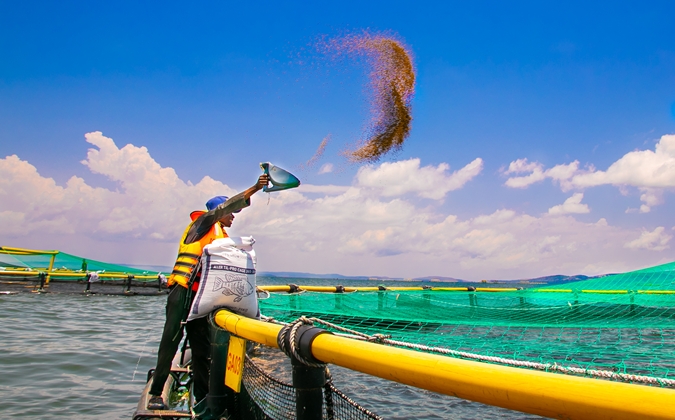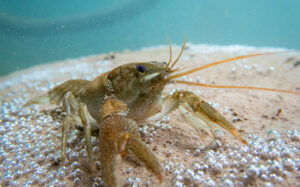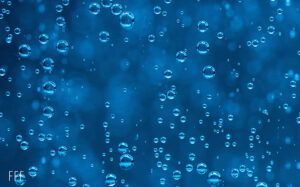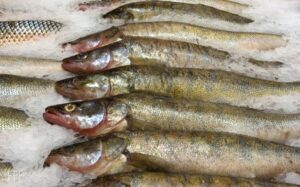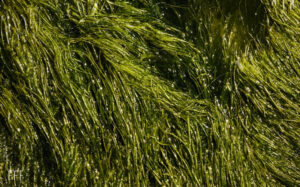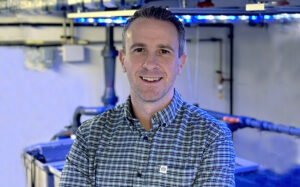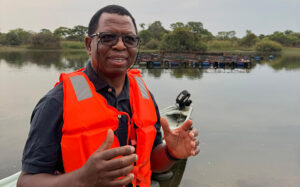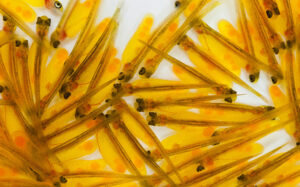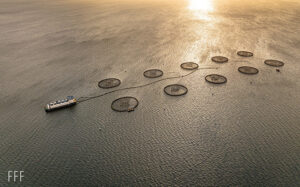Bringing Africa’s aquaculture leaders together to ensure a sustainable future
The freshly formed African Aquaculture Business Leaders Network aim to use the Global Salmon Initiative’s (GSI) model of uniting business leaders to accelerate the sustainable development of African aquaculture. Sophie Ryan from GSI told us about what’s been achieved so far.
FEED
Chinese herbal medicine could be key to tackling globally devastating crustacean virus
Groundbreaking research has revealed that plant extracts used in traditional Chinese medicine could be the secret to managing the globally devastating white spot syndrome virus (WSSV) in crustaceans.
Could nanobubbles really revolutionize aquaculture?
Research is showing that nanobubble technologies can dramatically reduce disease risks on fish farms and potentially curb the need for antibiotics.
Understanding the phenomenon of shrinking fish and what it means for food supply
Fish are getting smaller, according to a global study over 60 years — with clear implications for global protein supply.
Algal oil shows promise as fish-oil substitute in feed for young salmon
Algal oil can replace fish oil in the feed of farmed Atlantic salmon parr without affecting their growth or ability to transition to seawater.
Alternative, ethical and locally sourced feeds can help shape the future of sustainable aquaculture
Dr. Daniel Merrifield from University of Plymouth, who leads a team which has published extensive work analyzing new feed ingredients and has helped the industry bring new products to market, shares his vision of a greener, more ethical future.
Norwegian connection helps grow sustainable roots for Sub-Saharan aquaculture
Since 2014, the Norwegian University of Life Sciences (NMBU) has been working in Sub-Saharan Africa to train the region’s next generation of aquaculture professionals on the key facets of fish-health management.
Artificial intelligence highlights which salmon eggs have the best chance of success
Software using artificial intelligence is set to help Atlantic salmon producers in Chile make better decisions about the chances of eggs developing successfully into healthy fish, reducing the productivity losses in early fish development which have significant effects on the aquaculture industry.
Mediterranean heatwaves putting farmed finfish under strain
The welfare of farmed seabream and sea bass in the Mediterranean is threatened by marine heatwaves, which are becoming increasingly frequent in the region.

